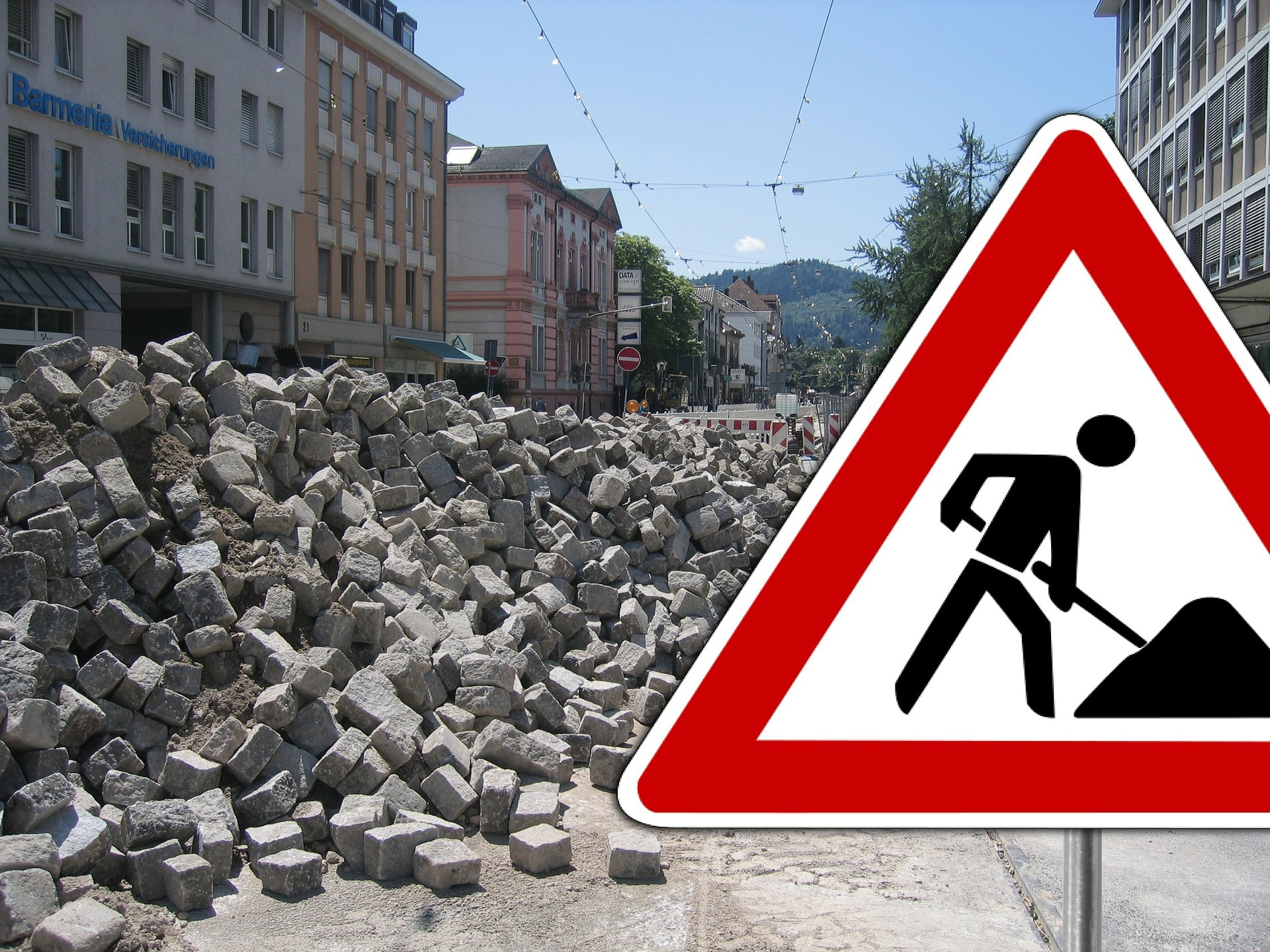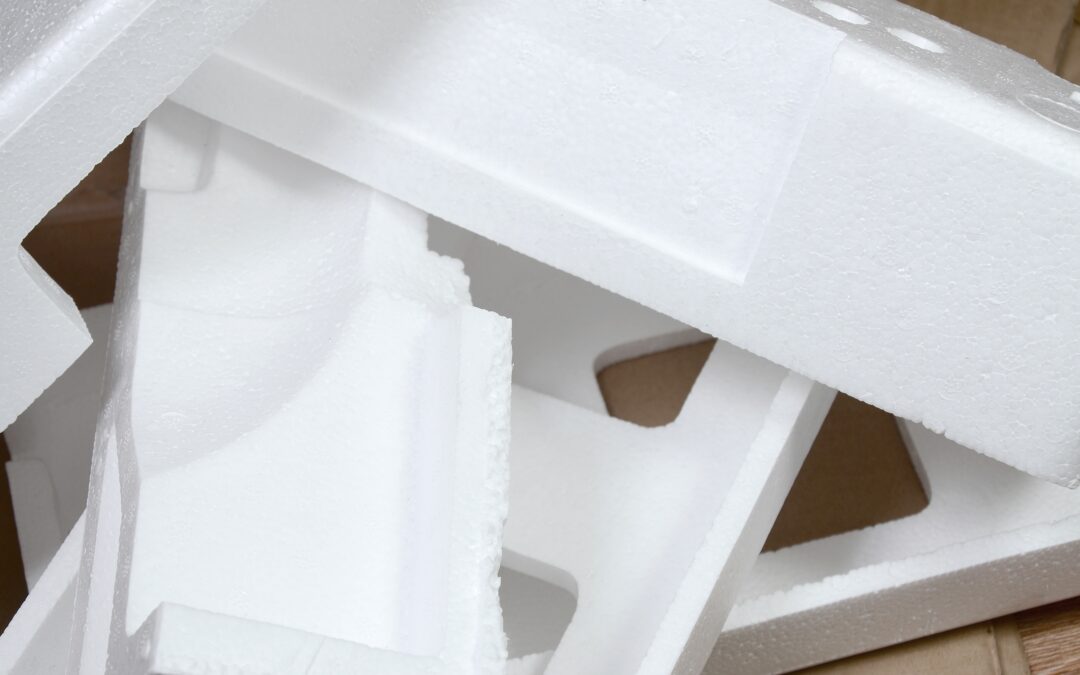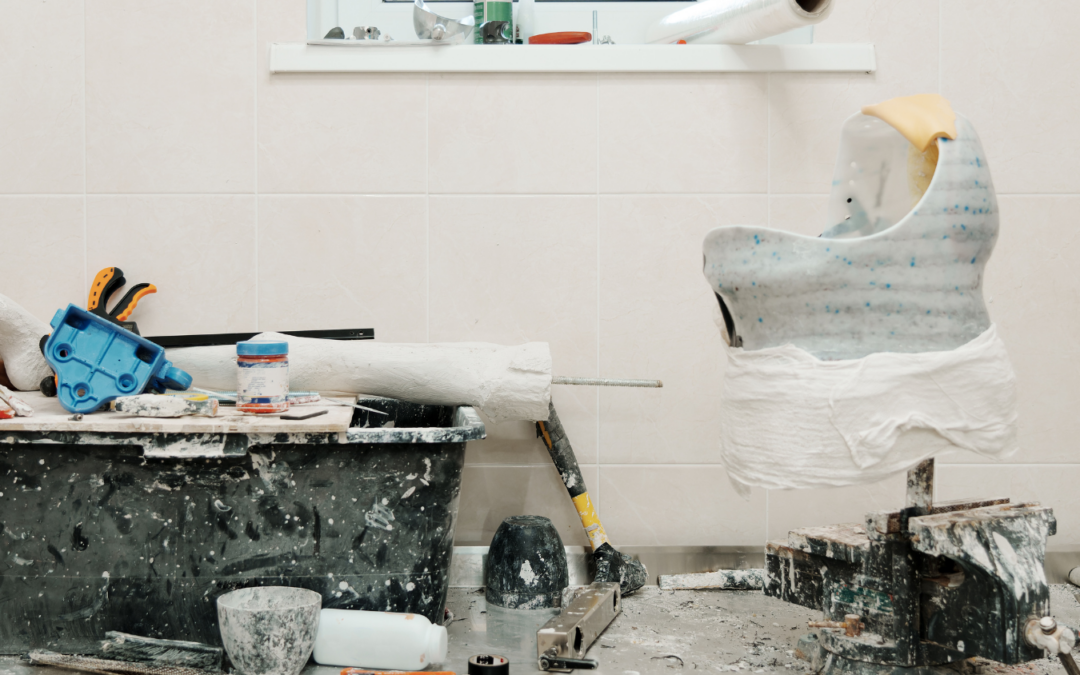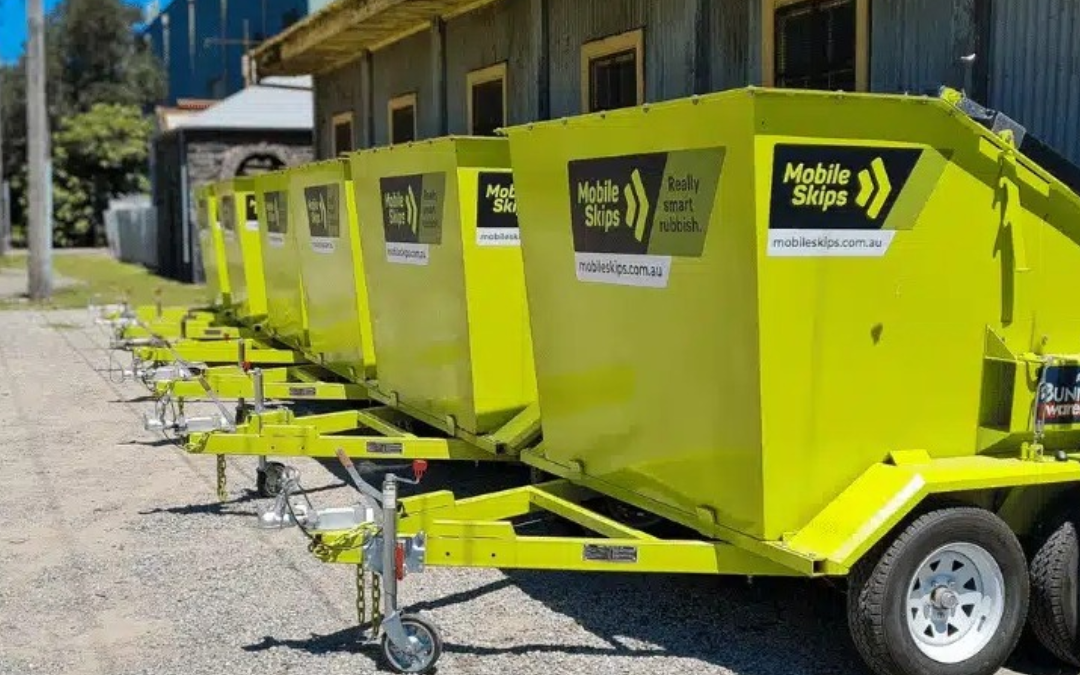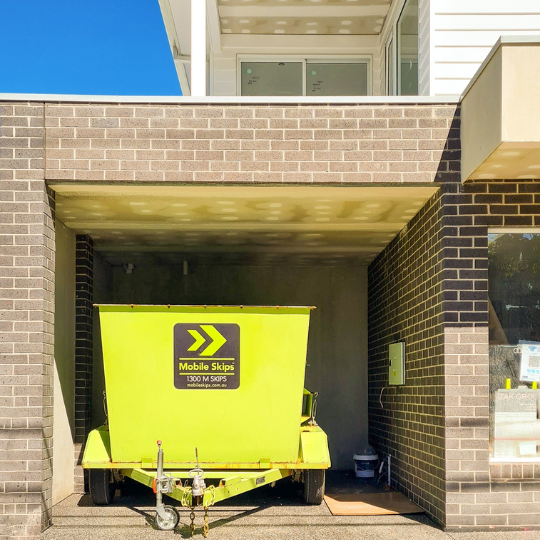Tips and Best Practices for disposing of Builder’s Waste.
People used to dispose of the construction wastes directly to the landfill, but over the last couple of decades there has a been shift to use dedicated waste removal services to properly dispose of builder’s waste. This shift has been due to the complexity involved in proper waste removal as well regulations on what can, and cannot, be disposed, where it can be disposed, and if it can be recycled. People also prefer working with a skip hire business that handles the entire logistic of delivering the skip, placement, pick up, and disposal of the accumulated waste. We know that many customers who use Mobile Skips prefer our service because of the ability to move our skips around the site as they need it, the simple online ordering, our 24/7 customer call service, and most importantly our prompt and on-time skip delivery.
Here are the following ways in which you can make the task of waste disposal easy, safe, efficient, and environment friendly.
Plan It Out
Before you begin your project, you first need to work out what is the best place for your waste removal containers. They need to be close enough to the job site for quick and easy waste removal, but far enough away to leave room to safely work around. Depending on your waste removal solution, you will need council permits and a plan designating where the waste removal bin will be placed. As a waste removal solution, Mobile Skips does not require permits or council planning and because it is on wheels it can be moved around as necessary for an efficient job site.
You also need to ensure timely pickup of your waste removal solution because the last thing you want on a construction site is a heaping pile of rubbish getting in the way of workers, machinery, and causing an unsafe environment & unhealthy conditions.
Site Practices
This cannot be stated enough, you must allocate all the storage containers so that they are always within reach of construction workers. Moreover, ensure that workers can safely and easily dispose of any debris. Your waste bins should not be a tripping hazard.
Additionally, to avoid recycling containers being mistaken for garbage bins, make sure that bins are properly labelled.
Recover, Recycle and Divert
Did you know that your waste and scrap material can serve as a resource for further construction? You can effectively recover some valuable and usable items from the debris and put them to practical use. Here are some of these materials for your reference.
Asphalt
Asphalt pavement and shingles are commonly found at construction sites, and they are 100% recyclable.
Concrete
Removed concrete (cracked or otherwise) can be re-used for road construction/maintenance, trenches, and other civil infrastructure projects.
Brick
Bricks are a part of every construction project; however, you cannot use them once they are broken. Therefore, by crushing them, you can use them as aggregate or as a recycled brick mixture to fill in and around your construction project.
Metals
Where there is construction, there is metal waste, and these two go hand in hand. It is always best practice to separate your metals into two categories -:
- Ferrous Metal: Steel, Cast Iron, Wrought Iron, etc,. These metals must separated in order to be properly recycled, additionally you are typically paid to recycle these.
- Non-Ferrous Metal: Copper, Aluminum, Lead, Tin, etc,. These types of metals are often quick valuable and worth your time to separate and recycle.
Audit and Monitor
As your project approaches completion, you can evaluate waste and devise a re-use strategy that works. For a construction project, it is hard to plan out exactly how much you will need, and it is common to have excess unused materials laying around and it is a good practice to reach out to your supplier to see if you can return these items.
Recommendation
Recycling can be extremely time consuming, and the bigger the project, the harder it is to recycle, and the more tempting becomes to just throw all into a pile and dispose of it with all the other waste. Don’t do this. Instead, pull out what can be recycled throughout the Constuction project, thus making it easier to recycle along the way.
Preconstruction Actions That Help
Even though waste disposal happens during and after the construction project, you can undertake a few precautions.
- Minimize waste by selecting multi-purpose and reusable material. This way, you can put the leftover raw material to other uses.
- If the suppliers are nearby, you can receive construction materials on an as-need basis instead of all at once which can increase the amount of unused materials.
- You can hire commercial waste management services who specialize proper waste removal, handling, and timely delivery so they do not slow down your construction project.
Final Words
While many developing countries still rely on landfills, Australia has made major strides in utilising long-term waste solutions. For your construction’s projects, do your best to recycle, re-use, and reduce your waste and enjoy that the waste you have left is being properly disposed of.

